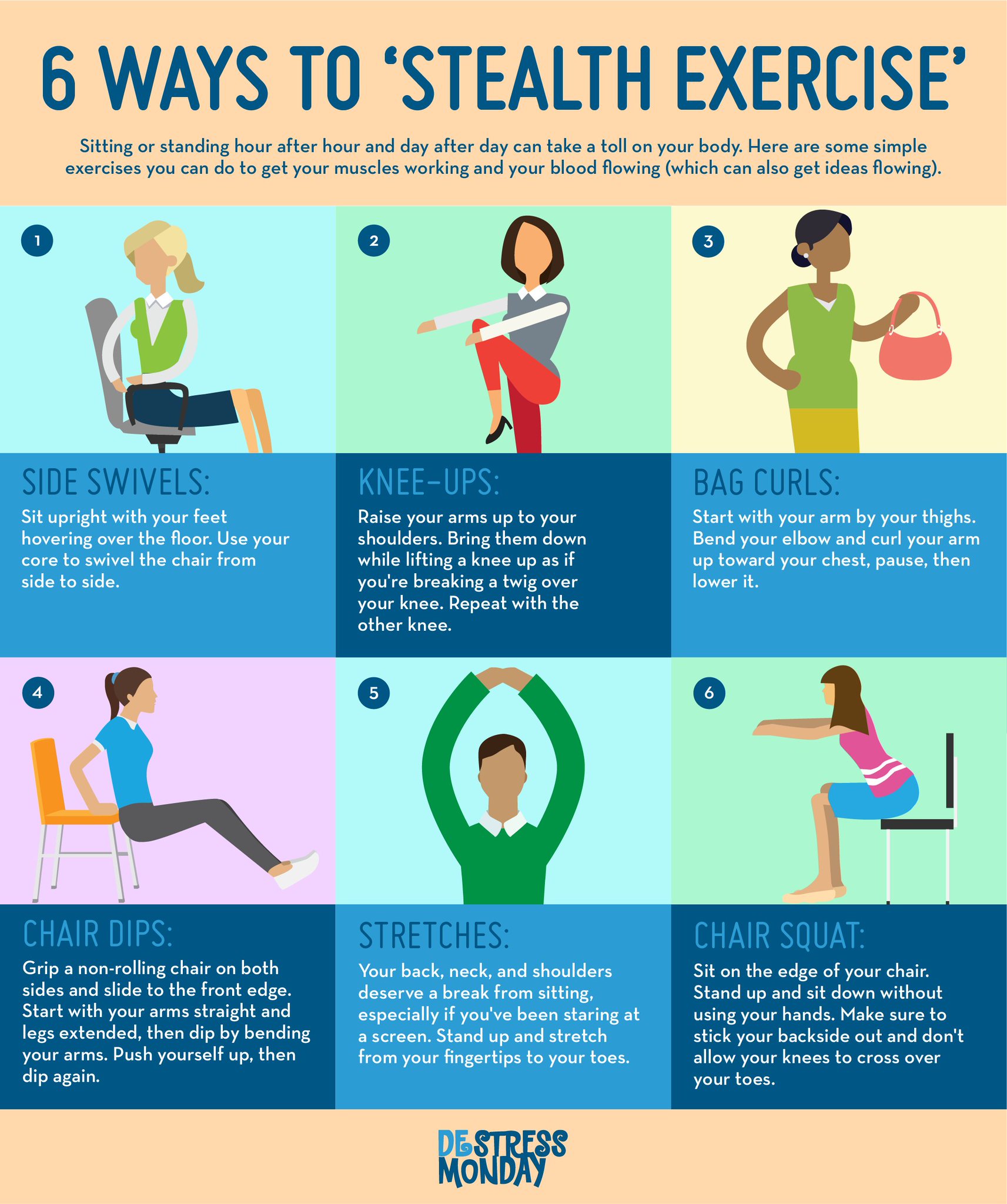Exercise to Reduce Stress

The Link Between Exercise and Stress Reduction
Exercise has been shown to be an effective way to reduce stress levels and improve mental health. When you exercise, your body releases endorphins, which are natural chemicals that help to reduce stress and improve mood. Exercise also helps to reduce the levels of cortisol, a hormone that is associated with stress. Additionally, exercise can help to improve sleep quality, which is important for reducing stress levels.
The Best Exercises for Reducing Stress
There are many different types of exercises that can help to reduce stress levels. Here are some of the best exercises that you can try:
1. Yoga and Meditation
Yoga and meditation are great exercises for reducing stress levels. They help to calm your mind and relax your body, which can help to reduce stress levels. These exercises can also help to improve your flexibility, balance, and overall sense of well-being.
2. Cardiovascular Exercise
Cardiovascular exercise, such as walking, running, cycling, or swimming, can help to reduce stress levels. These exercises help to increase blood flow to the brain, which can help to improve mood and reduce stress levels. Additionally, they can help to improve cardiovascular health, which is important for overall health and well-being.
3. Strength Training
Strength training can also help to reduce stress levels. These exercises help to improve muscle strength and endurance, which can help to reduce stress levels. Additionally, strength training can help to improve bone density, which is important for overall health.
The Benefits and Limitations of Exercise for Reducing Stress
Exercise is a great way to reduce stress levels and improve mental health. Here are some of the benefits and limitations of exercise for reducing stress:
Benefits
- Reduces stress levels
- Improves mood
- Improves sleep quality
- Improves overall health and well-being
Limitations
- May not be effective for everyone
- May require a significant time commitment
- May require access to a gym or equipment
- May not be suitable for people with certain health conditions
Conclusion
Exercise is a great way to reduce stress levels and improve mental health. Whether you choose to do yoga, cardio, or strength training, there are many different types of exercises that can help you to reduce stress levels and improve your overall well-being. So, if you're feeling stressed out, try incorporating some exercise into your daily routine and see how it can benefit your mental health.
FAQ
1. How often should I exercise to reduce stress?
It is recommended to exercise for at least 30 minutes a day, five days a week, to see benefits for reducing stress levels.
2. Can exercise worsen stress levels?
While exercise is generally considered a stress-reducing activity, it can worsen stress levels if done excessively or if you push yourself too hard. It's important to find a balance and listen to your body.
3. What if I don't have access to a gym or equipment?
You don't need a gym or equipment to exercise. You can try yoga, running, walking, or bodyweight exercises at home or in a park.
4. Can exercise be used as a substitute for medication for stress?
Exercise can be helpful in reducing stress levels, but it is not a substitute for medication. It's important to consult with a healthcare professional if you are experiencing severe stress or mental health issues.
